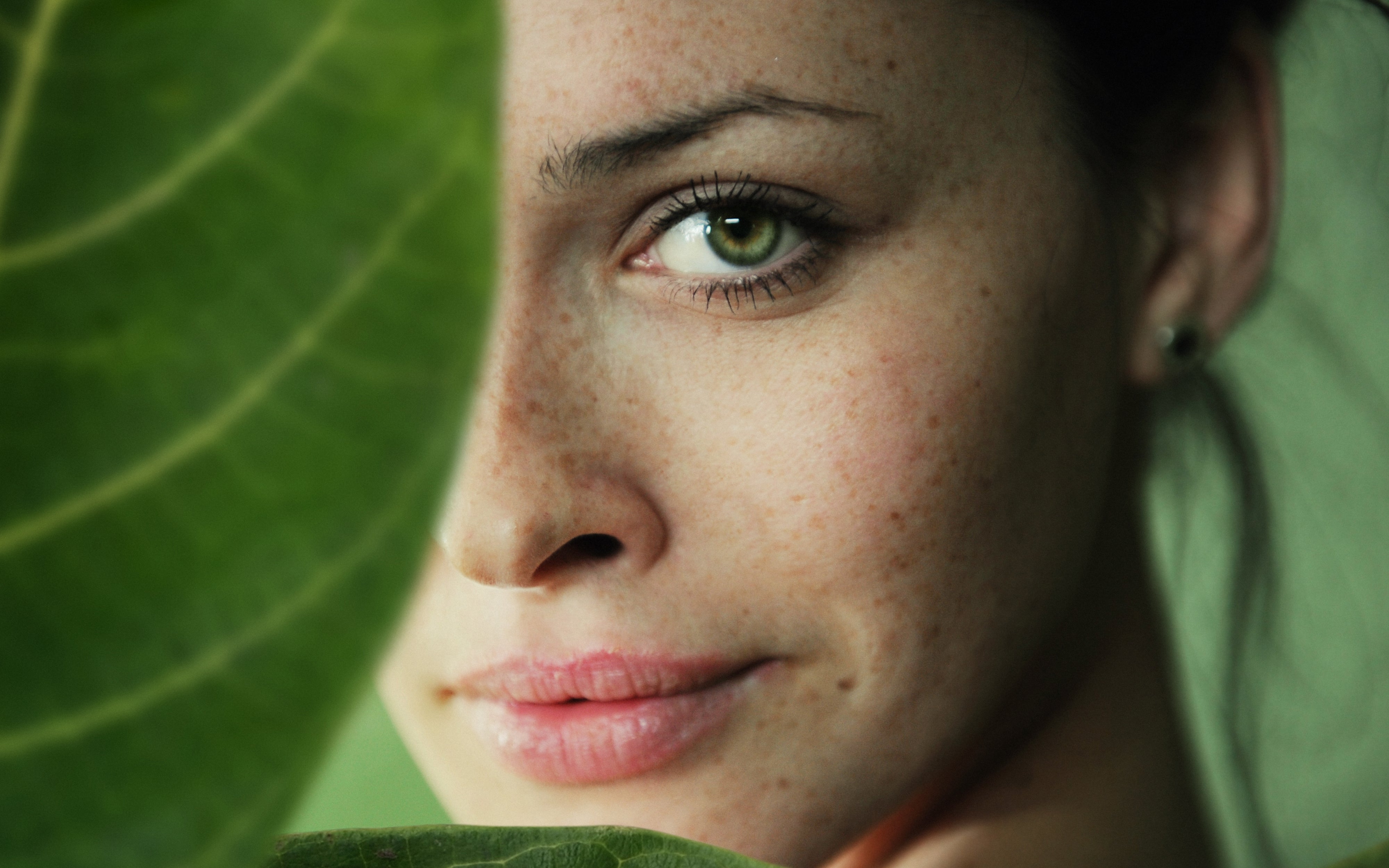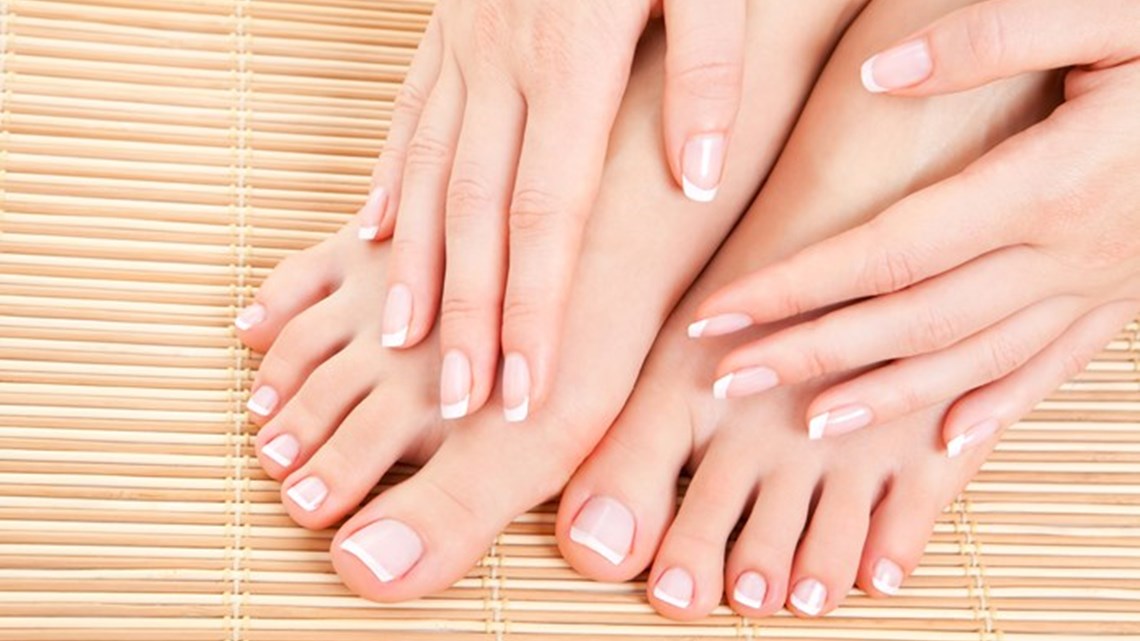
How to get a planet-friendly skincare routine
 Making sustainable choices should be a daily habit, rather than something you just do for special occasions. If you can get into the groove of responsibility - by reducing, re-using, repairing and recycling - your carbon footprint will shrink accordingly. Here are some great new habits to slip into:
Making sustainable choices should be a daily habit, rather than something you just do for special occasions. If you can get into the groove of responsibility - by reducing, re-using, repairing and recycling - your carbon footprint will shrink accordingly. Here are some great new habits to slip into:
Use washable cotton face cloths, rather than disposable cotton pads.
The good ol’ Kiwi ‘face flannel’, i.e. face cloth, is fantastic for wiping off an oil-based cleanser. As a bonus effect, the slightly-abrasive effect of a face cloth provides a touch of exfoliation. Keep a pile of laundered face cloths in the bathroom and use a fresh one each time you cleanse.
If you can’t give up cotton pads, find some washable ones. T
hey’re basically mini face cloths. Just put them through the wash in a laundry bag, then dry naturally.
Choose products in glass jars.
Glass can be recycled in New Zealand. It’s turned into bottles and jars, as well as a road-building material called glasscrete. At Okana we chose glass as the main packaging material for our range because it’s recyclable and feels nice in your hand. The jars look gorgeous on your vanity too.
Buy products made locally.
An addition to imported skincare products come with lots of air mile guilt. All those European, UK and USA products have to be flown to New Zealand in jets powered by fossil fuel. Choose NZ manufacturers when you’re shopping for skincare, especially those who try to use locally-grown ingredients. For our products, we use New Zealand-grown macadamia oil, olive oil, berry juice, tomato juice and carrot juice. Whenever we can, we source our ingredients locally.
Use every last bit of every product.
Even if you’re busting to crack out a new product, use up your current products first. Throwing half-used products in the bin isn’t a responsible way to use the earth’s resources. With haircare products, add a little water as they get towards the end to wash out the remnants. With tubes of skin products, snip the tube in half when it feels empty – there will be a surprising amount of product remaining inside the tube. The snipped halves can be sleeved together to prevent evaporation.
When you trust a product, buy the big size.
You’ll save money and there’s less packaging.
Make your own masks.
Bentonite clay is as cheap as chips on TradeMe and it makes a great face mask. Buy 500g and you’ll have a year’s supply of weekly home facials. To mix the clay into a mask, add honey, yoghurt or a few squirts of our cucumber and lettuce toner.
Avoid products in blister packs.
Those plastic clamshell packs aren’t necessary. It’s better to choose products with an outer packaging made from cardboard or wood (like our Okana gift boxes). Cardboard can be recycled and wood packs can go into your garden waste bin or be used as kindling on the fire.
If a product doesn’t suit you, pass it on.
Every now and then you’ll buy something that’s not quite right for your skin or hair. Instead of shelving it, which is the long route to the rubbish bin, give it away to a friend or family member.
Make your own shower gel from bar soap.
Grate a bar of plain soap into a blender, add a small amount of hot water, some glycerine and blend. Top up with water. That’s how easy it is to make your own hand soap or shower gel.
Avoid products that contain silicone.
Some hair products (we won’t mention brands) contain silicone. Look for the word ‘dimethicone’ when you’re checking the ingredients. Silicones are basically liquid plastic, like the special sealant they use around the edges of bathrooms. On your skin or hair they can be a moisture barrier and it’s definitely not cool that they get washed down the drain and eventually into the sea. There are also concerns that silicone might be a hormone disruptor.
Avoid products that contain palm oil.
Palm oil is a vegetable oil made from the fruit of oil palm trees (elaeis guineensis). It can be produced sustainably, but a lot of it isn’t. Because it’s cheap and versatile, palm oil is used in many beauty and food products. The problem with this oil is forest destruction. In Indonesia and Malaysia, where most of the world’s palm oil is grown, rainforests are being cut down and replaced with palm oil plantations. This removes the natural habitat for orangutans, tigers and other rare species.





Leave a comment
This site is protected by hCaptcha and the hCaptcha Privacy Policy and Terms of Service apply.